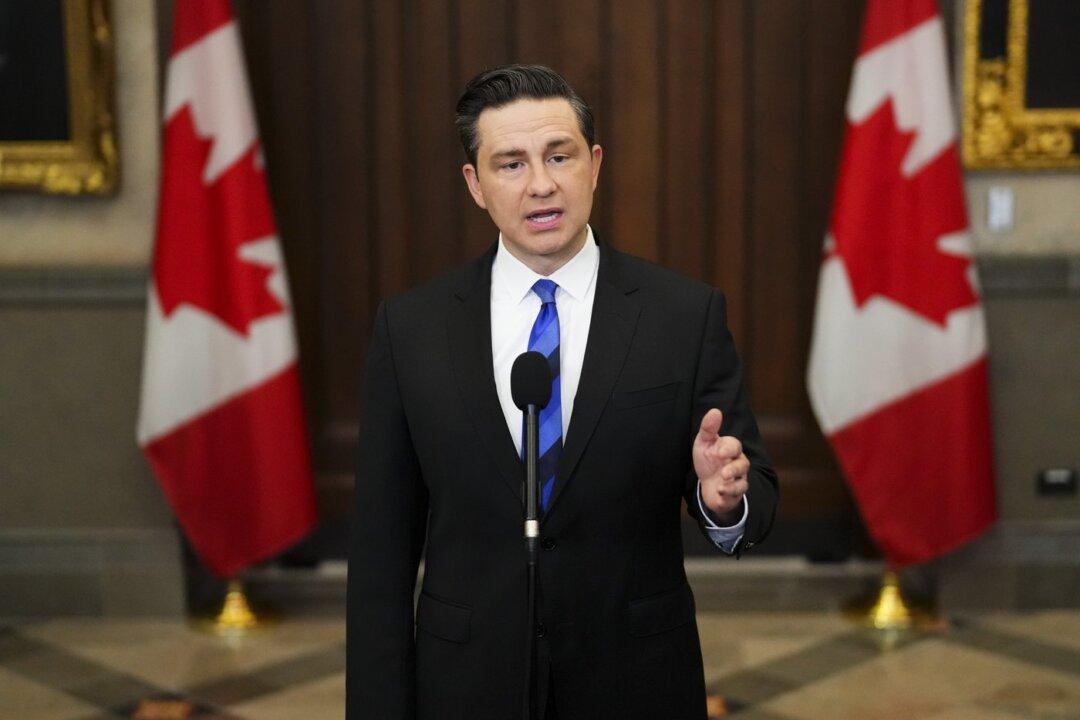The Impact Assessment Act obstructed Canada from becoming “independent and strong” in the resources sector, said Conservative Leader Pierre Poilievre in an interview following the Supreme Court’s ruling that declared the law unconstitutional.
“The anti-energy, anti-resource law has prevented us from building pipelines, natural gas liquefaction facilities, developing mines, and harvesting other resources that would allow us to become independent and strong,” he told NTD, a sister media of The Epoch Times.





